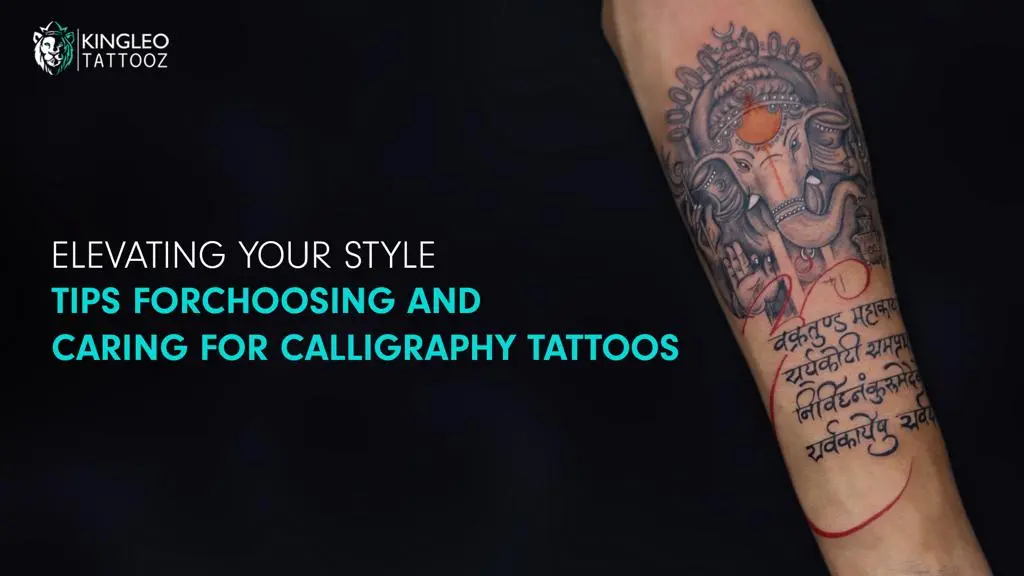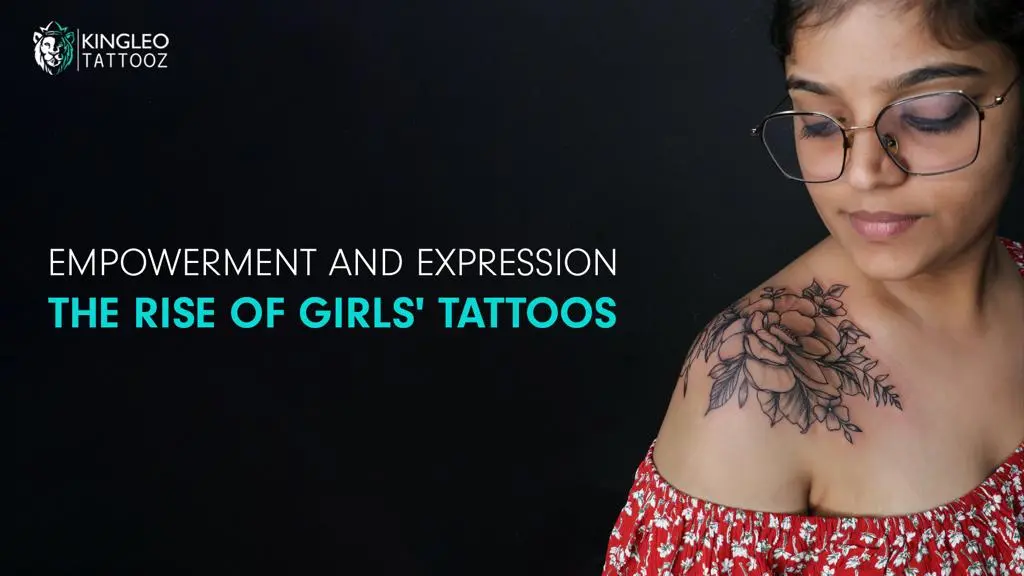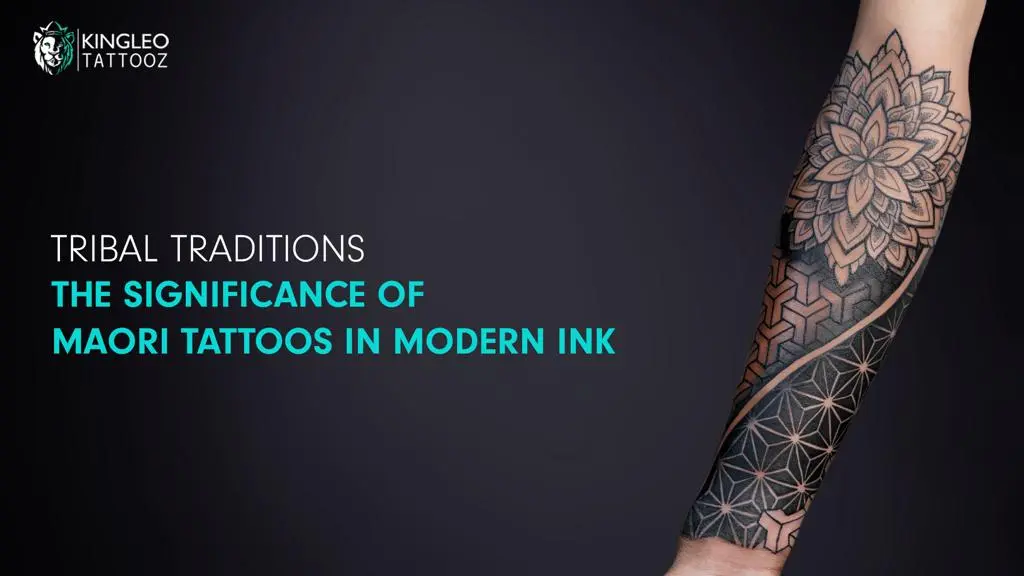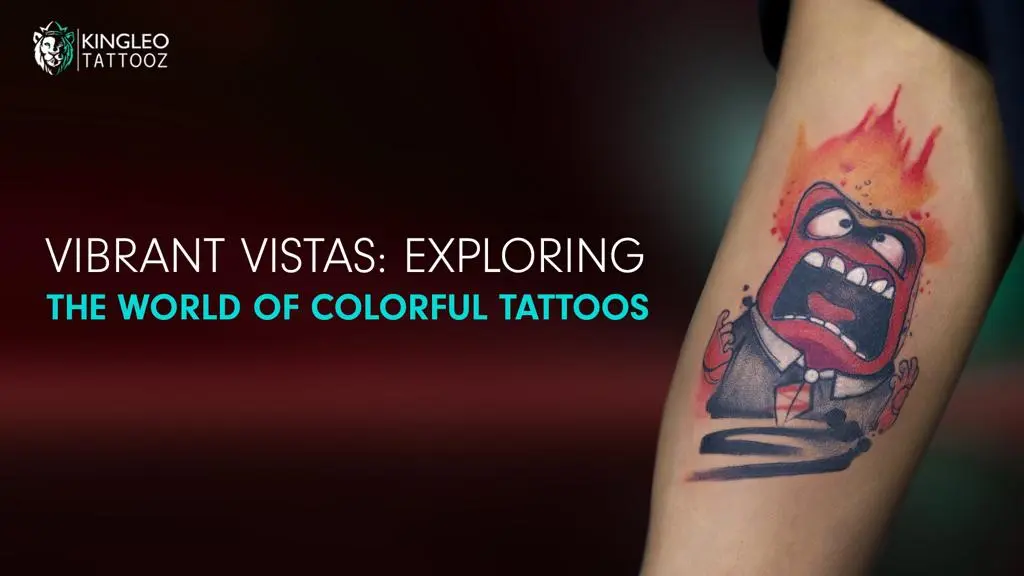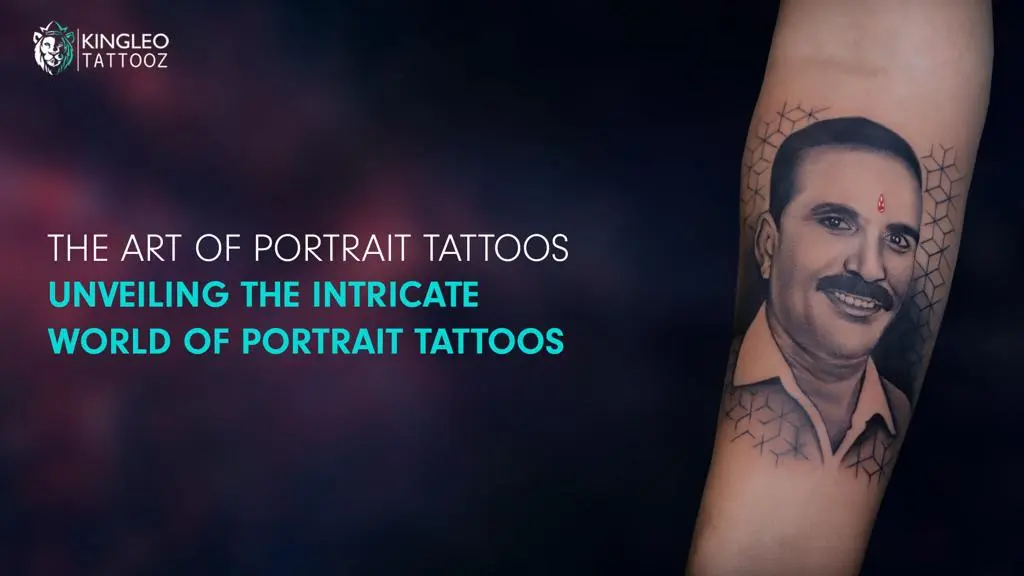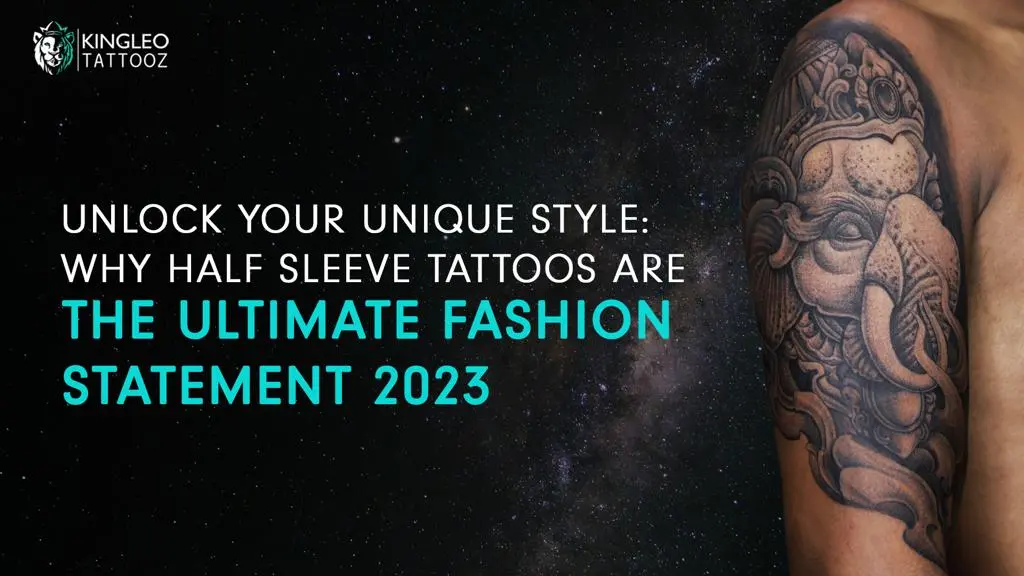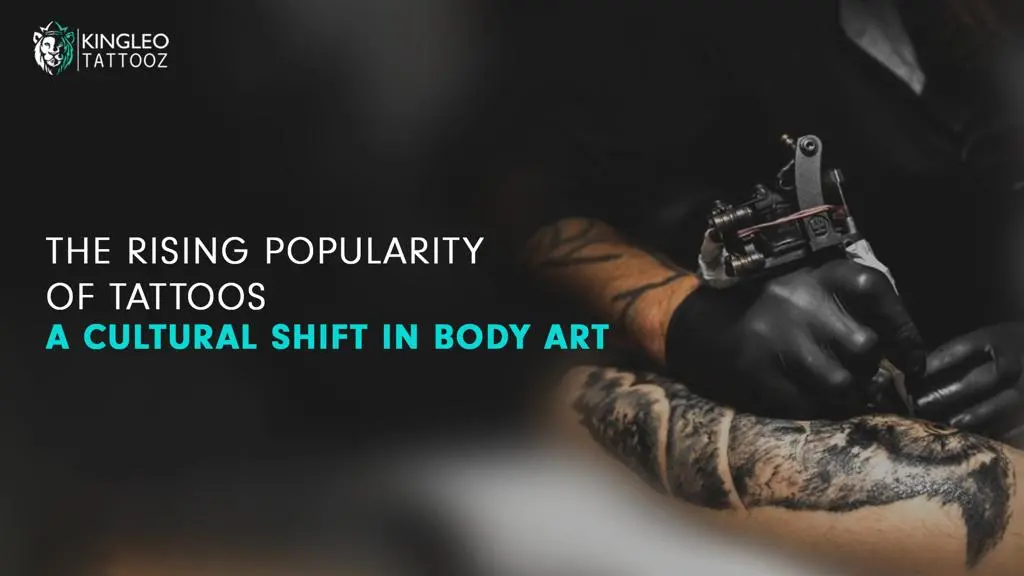
Introduction
Tattoos once considered a niche subculture, have transcended their underground origins to become a mainstream cultural phenomenon. This article explores the rising popularity of tattoos and the significant cultural shift they represent. From their historical roots to the modern-day tattoo renaissance, we’ll delve into the artistry, symbolism, and societal factors that have contributed to the widespread acceptance and fascination with body art.
A Brief History of Tattoos
Tattooing has been practiced for centuries across various cultures. Evidence of tattoos has been found on mummies in Egypt and on preserved skin of indigenous tribes worldwide. Tattoos served multiple purposes throughout history, from marking social status to displaying tribal affiliations and spiritual beliefs.
Tattoos gained popularity in the West during the 18th and 19th centuries when European sailors reintroduced the practice after their voyages. Tattoos became synonymous with rebellion and counterculture movements in the 20th century, thanks to their association with rock and roll, biker gangs, and punk rock.
The Tattoo Renaissance
Over the past few decades, we’ve witnessed a remarkable shift in society’s perception of tattoos. What was once seen as a symbol of rebellion is now embraced as a form of self-expression and art. In recent times, there has been a notable transformation in how tattoos are perceived by society. Previously associated with rebellion and counterculture, tattoos are now widely accepted for self-expression and art. People from all walks of life choose to get tattoos, disregarding the once-prevailing notion that they were a symbol of deviance. Rather, tattoos have become a way to showcase their personality beliefs or commemorate significant life events. Today, getting a tattoo is a personal choice, enabling individuals to convey their unique identities. This significant shift in perception has resulted in an increased appreciation for the skill and creativity involved in tattooing. Tattoos are now seen as a living art that evokes emotion.
There are several factors contributing to this resurgence:
Mainstream Media Exposure
Television shows, movies, and reality competitions like “Ink Master” and “Miami Ink” have brought tattoo culture into the mainstream spotlight. These platforms showcase the incredible talent of tattoo artists and demystify the process, making it more accessible to the general public.
Celebrity Endorsements
Celebrities, from actors to athletes and musicians, have proudly displayed their tattoos, influencing their fans to follow suit. Tattoos have become a symbol of individuality and personal branding.
Changing Workplace Attitudes
As workplace dress codes become more relaxed and progressive, visible tattoos are no longer a barrier to employment. Many industries have adapted to accommodate tattoo employees, recognizing that body art does not impact one’s skills or professionalism.
Evolving Tattoo Styles
The tattoo industry has evolved, with artists pushing the boundaries of creativity and innovation. Traditional styles like American Traditional and Japanese Irezumi remain popular, but newer techniques like watercolor, geometric, and dot work tattoos have emerged, appealing to a wider audience.
The Artistry of Tattoos
Tattooing is not just about ink on the skin; it’s a form of artistry that demands skill, precision, and creativity. Tattoo artists are like painters, using the human body as their canvas. They must master various techniques, from shading to color blending, to create visually stunning and enduring designs.
In addition to the technical aspects, tattoo artists must possess a deep understanding of design principles, anatomy, and the psychology of their clients. Every tattoo tells a story or message, and skilled artists excel at bringing these narratives to life on their clients’ skin.
Tattoos as Symbols
Tattoos hold different meanings for different people. They can serve as symbols of:
Identity
Tattoos allow individuals to express their unique identities and affiliations. Whether it’s a family crest, a religious symbol, or an homage to a cultural heritage, tattoos are deeply personal and reflective of one’s values and beliefs.
Milestones
Many people commemorate significant life events with tattoos. Birthdays, weddings, and the birth of a child are often marked with tattoos that encapsulate the importance of these moments.
Remembrance
Tattoos can also be a way to remember loved ones who have passed away. Portraits, quotes, or symbols associated with the departed serve as permanent memorials and sources of comfort.
Empowerment
Some individuals use tattoos to empower themselves, to overcome adversity, or to remind themselves of their strength and resilience.
The Societal Impact
The rising popularity of tattoos has had a profound impact on society:
Increased Acceptance
Tattoos are now widely accepted and embraced, with people from all walks of life proudly displaying their ink. This shift in attitude reflects a more inclusive and open-minded society.
Cultural Exchange
Tattoos often draw inspiration from various cultures and traditions around the world. This cross-cultural exchange fosters appreciation and understanding of diverse heritages.
Empowerment and Self-Expression
The ability to choose and create tattoos has given individuals a powerful means of self-expression and self-empowerment. Tattoos allow people to take ownership of their bodies and identities.
Economic Growth
The tattoo industry has experienced substantial growth, creating job opportunities for tattoo artists, designers, and manufacturers of tattoo-related products. Tattoo conventions and expos draw large crowds and boost local economies.
Conclusion
In conclusion, tattoos have evolved from a fringe subculture to a mainstream cultural phenomenon, symbolizing a significant cultural shift in body art. Their rich history, artistry, and diverse symbolism have contributed to their rising popularity. Tattoos are no longer perceived as rebellious or countercultural but are celebrated as expressions of identity, milestones, remembrance, and empowerment. As society continues to embrace body art, the tattoo industry thrives, offering a canvas for self-expression and a testament to the ever-changing dynamics of cultural acceptance.

